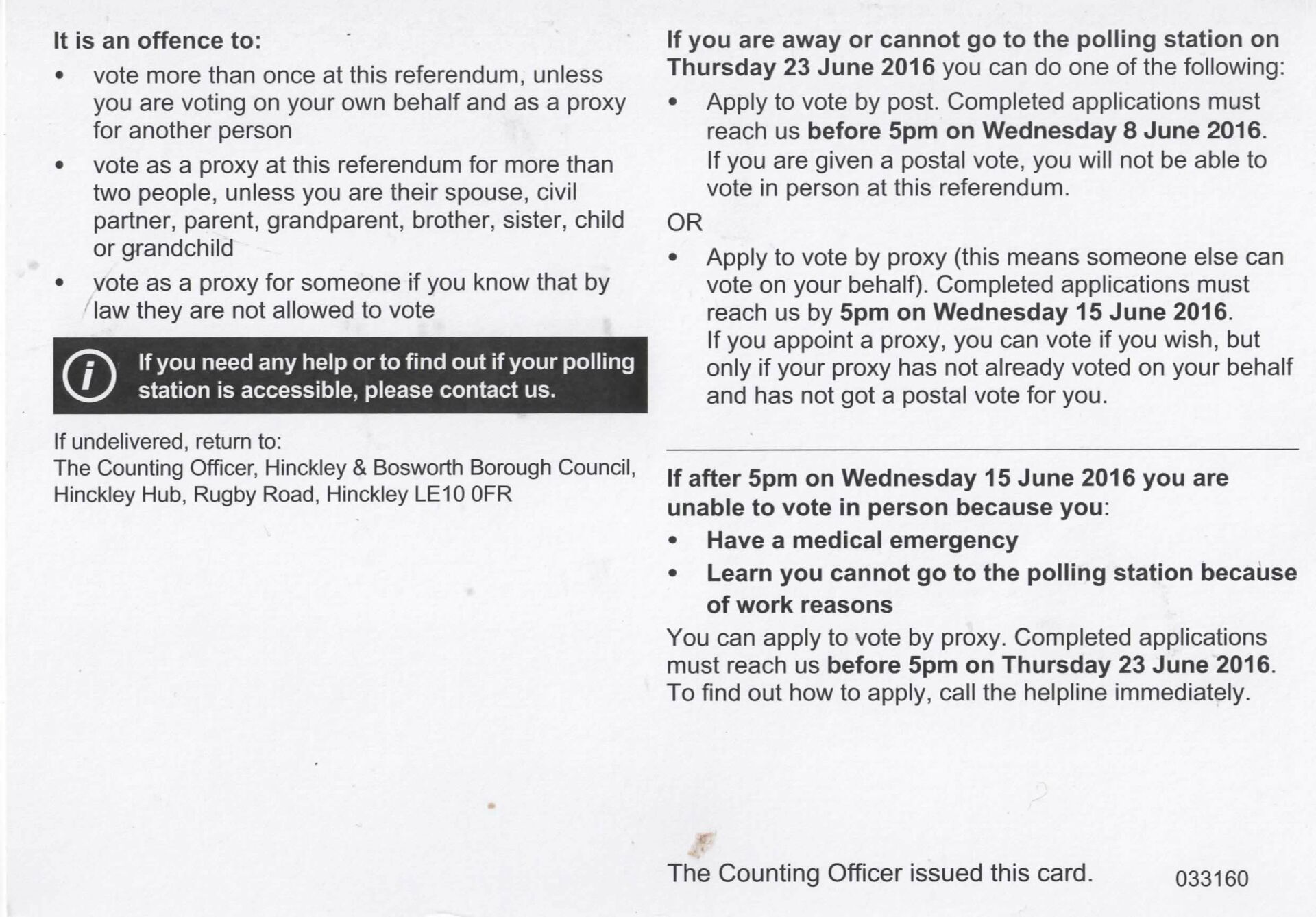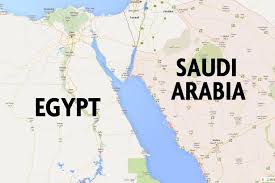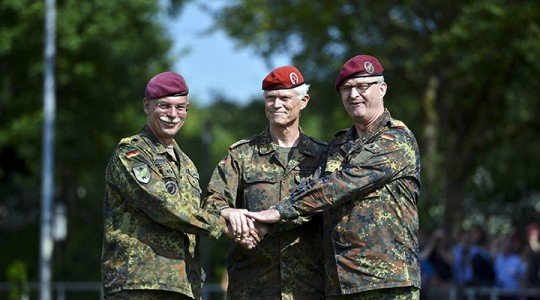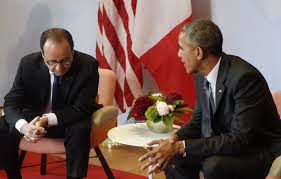Here is the latest Snippets…
[embeddoc url="https://christadelphianvideo.org/wp-content/uploads/2016/05/2016-05-20-MS-MAY-20-D.pdf" download="all"]
Follow us on our dedicated Facebook page
Facebook Page ‘Alethia’ BibleTruthandProphecy
Or our website
BibleTruthandProphecy (Subscribe for updates)
If you would like to subscribe to our YouTube channel, once you have clicked ‘Subscribe’ make sure you click the cog next to the subscribe button and select ‘Send me all notifications for this channel’
Note: Bad language and comments with links to other videos or websites will be removed.
Download our ‘Free’ Bible APP – ‘KeyToThe Bible’ for i-phone or Android
Download here…
Other Christadelphian Channels we recommend
BibleProphecyHD
ChristadelphianVideo
ChristadelphianHUB
BibleStudiesHD
BibleTruthVideos
BibleProphecyHD
BibleProphecyHub
CPDLIVE
BibleProphecyChannelUpdate
Bible Truth and Prophecy, – Welcome to our channel run by the Christadelphians Worldwide to help promote the understanding of God’s Word to those who are seeking the Truth about the Human condition and Gods plan and Purpose with the Earth and Mankind upon it.
We are always keen to receive your feedback, you may leave comments in the comments area below or alternatively email us at [email protected] and we will get back to you with a reply as soon as we can.
For more information on the Christadelphians
blogspot
Twitter
Thisisyourbible
Read a variety of booklets on-line concerning various key Bible subjects.
Free Bible Booklets
Bible Truth & Prophecy is a remarkable on-line tool for establishing just how far removed from the teachings of the Bible mainstream Christian teaching has become.
End Time Prophecies are interpreted using the Bible, not man made ideas or notions.
Key Biblical subjects such as the Trinity, Devil/Satan worship, Holy Spirit Gifts & much more are all dealt with extensively from the Bible’s viewpoint and not man’s.We will demonstrate how Christian beliefs have become corrupted, and reveal the ‘Truth’ as taught by the 1st Century Apostles.
[/vc_column_text][/vc_column][/vc_row]












